
- John Walters
- VTDigger's Mark Johnson interviews Paul Heintz of Seven Days and the Vermont Press Association after Wednesday's House vote on S.96.
A bill that would protect reporters from being forced to divulge confidential sources and hand over unpublished work material is one step away from the governor’s desk.
On Wednesday,
the Vermont House approved S.96, the “shield bill,” on a lopsided voice vote after minimal debate. The chamber must reaffirm its approval in another vote Thursday, but barring a very unusual event, the bill is on track for final passage.
S.96 had earlier
passed the Senate on a unanimous vote. Gov. Phil Scott’s office did not immediately return a call for comment; but during the gubernatorial campaign, Scott
expressed support for a shield law with some qualifications — including an exception for cases where information cannot be obtained elsewhere. That exception is included in S.96.
“This is important because it helps journalists protect sources,” commented independent journalist Hilary Niles, a member of a coalition of reporters who advocated for the shield bill in the legislature. “And the better we can protect sources, the better public service journalism we can perform.”
Vermont is
one of a handful of states without a shield law. The absence of such protection led to several journalists,
including three from Seven Days, being subpoenaed in the sexual assault case against former state senator Norm McAllister.
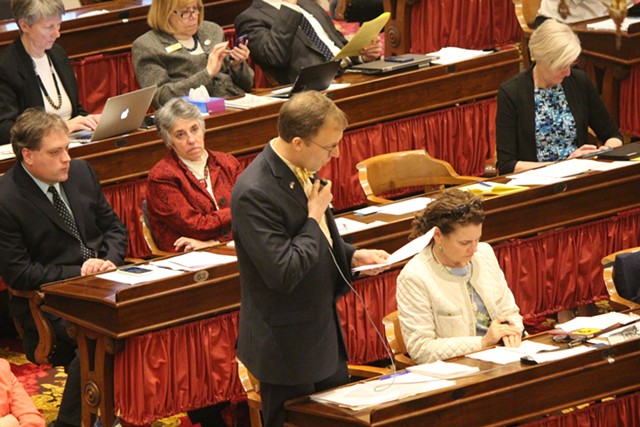
- Paul Heintz
- Rep. Martin LaLonde (D-South Burlington) discusses the shield bill Wednesday on the House floor.
Passage of the shield bill would mark a significant victory for journalists who
are making a rare foray into lobbying. There are other issues where state law affects journalism; is there any plan to take on a fresh issue next year?
“Speaking personally, I would like to get back to reporting,” said Paul Heintz, who represented the Vermont Press Association during the legislative process (and serves as political editor at
Seven Days). “I don’t think that any of us are looking for reasons to come here and ask for laws to be passed.”
“That said,” Niles interjected, “there are problems with public records administration in Vermont, at both the state level and the municipal level. And while there has not been a formal decision to work on public records law, I can say for myself that that is something that, professionally, I am willing to put time into.”
It’s a certainty that when the legislature reconvenes in 2018, journalists will once again descend on the Statehouse to cover the action. It remains to be seen if some journalists again show up in the role of advocate.
The clear lesson from the shield bill debate: If they don’t speak up on issues affecting their profession, nobody else is likely to do it for them.
Correction: An earlier version of this story misspelled Hilary Niles’ name.








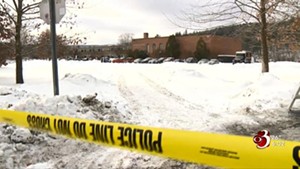
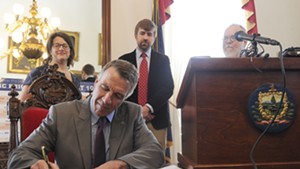
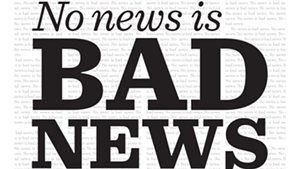
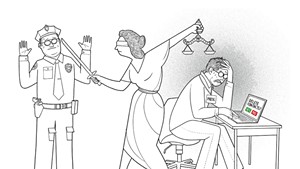
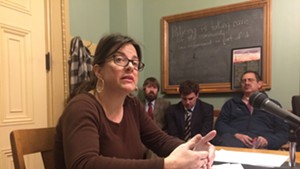




Comments (2)
Showing 1-2 of 2
Comments are closed.
From 2014-2020, Seven Days allowed readers to comment on all stories posted on our website. While we've appreciated the suggestions and insights, right now Seven Days is prioritizing our core mission — producing high-quality, responsible local journalism — over moderating online debates between readers.
To criticize, correct or praise our reporting, please send us a letter to the editor or send us a tip. We’ll check it out and report the results.
Online comments may return when we have better tech tools for managing them. Thanks for reading.